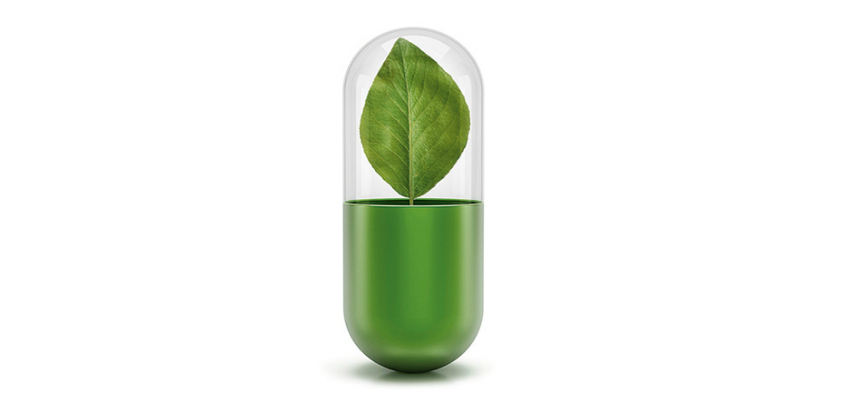Psychoactive Substances & Legal Highs Drug Testing
Legal highs defined
New Psychoactive Substances (NPS) is a term coined to describe a vast range of substances designed to simulate the effects of illegal drugs. NPS are often described as ‘Legal Highs or ‘Designer Drugs’ in the media; however these terms can downplay how dangerous these substances are.
NPS have gained popularity in recent years due to low prices and wide distribution through 'head shops' on the high street and online. Previously NPS were able to avoid the law by labelling the substances as ‘Plant Food’ and ‘Not for Human Consumption’. This misled the public about how dangerous these substances truly are.
The Psychoactive Substances Act came into effect in May 2016 making these drugs illegal to supply and produce.
The most common NPS drugs are synthetic cannabinoids, which are chemically similar to Cannabis. However, synthetic cannabinoids are laced with hallucinogenic compounds, turning the product into a much more potent substance than Cannabis.
Ahead of the trend - The Q-TOF system
New Psychoactive Substance testing has been notoriously difficult for drug testing companies, however DNA Legal is able to provide an innovative solution. DNA Legal has introduced the Quadrupole Time Of Flight Mass Spectrometry System (Q-TOF). This allows us to give a clear indication on whether an NPS may or may not have been taken.
This is achieved by analysing the time of flight or movement of the molecules in a sample by their weight. Depending on this movement and weight, DNA Legal can accurately determine if an NPS has been taken.
The DNA Legal NPS database is the largest in the country with over 160 different Synthetic Cannabinoids and over 300 designer drugs. This guarantees that DNA Legal can provide the most extensive legal highs and designer drug testing in the country. You can expect results within 20 working days once the samples have arrived at our laboratory
World leading experts
When testing for NPS it is vital to recognise that an up to date database of varieties is key to reaching a conclusive positive or negative result.
The interpretation of the results is also vital in the potential outcome of your client's case.
DNA Legal's Head of Toxicology, Dr. Salah E. Breidi, is a world leading expert in this field. This means you will have access to a vast array of expertise when you choose to use DNA Legal for your legal highs and designer drug testing services.
Types of legal highs tested
DNA Legal test over 460 legal highs and designer drugs. NPS can be placed into three main category types:
- Stimulants
- ‘Downers’ or Sedatives
- Psychedelics or Hallucinogens
Stimulant designer drugs produce similar effects as cocaine or ecstasy, making you feel energised, excited and euphoric, however they can make you feel over confident, induce feelings of anxiety, panic and confusion.
‘Downers’ or sedative legal highs produce similar effect as cannabis, making you feel relaxed and reduce inhibitions. An example of this is the synthetic cannabinoid Spice, which is reported to have caused several deaths.
Psychedelic or hallucinogenic legal highs produce similar effects as LSD or ketamine, such as hallucination and dissociation.
Designer drugs facts
- Legal highs and designer drugs are often not tested before users buy them
- They are made without regulation or control, meaning that side effects can be unpredictable
- Risks of designer drugs include reduced inhibitions, drowsiness, paranoid states, coma, seizures, and death. These risks are increased when mixed with other drugs or alcohol.
- Drugs sold as 'legal highs' often contain other illegal substances.
- Designer drugs are often sold under different names, for example, bath salts, plant food, herbal incense, and research chemicals.

